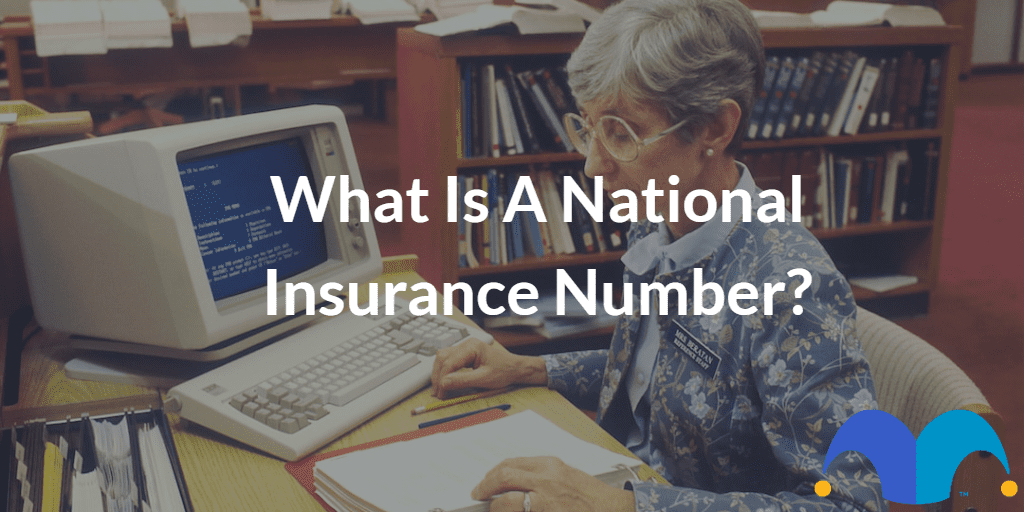If you work in the UK, you need to have, or apply for, a National Insurance number. So what is National Insurance? Why do you need a number and how do you get one? Let’s take a look.
What is National Insurance?
National Insurance launched over 70 years ago, in 1948. Its purpose is to help fund unemployment and sickness benefits, as well as the State Pension.
If you ever need to claim benefits, you’ll usually have to have made National Insurance contributions in order to qualify.
For example, to receive New Style Employment and Support allowance, you’ll need to have been in work within the last two to three years and made National Insurance contributions.
Similarly, in order to qualify for the full State Pension, you need to have made 30 qualifying years of contributions and be of State Pension age. You’ll need to have made at least 10 years of contributions to get any State Pension at all.
Who has to pay?
National Insurance contributions come in ‘classes’. The amount you pay depends on your income and employment status.
For example, if you’re an employee, you pay Class 1 contributions if you earn more than £184 a week. It’s 12% on any earnings over this amount, up to £967 a week, and 2% on anything above. You stop paying Class 1 contributions when you hit State Pension age.
If you are self-employed, you pay Class 2 contributions if you make a profit exceeding £6,515 in a year and Class 4 contributions if your earnings exceed £9,569 a year.
If you aren’t employed, or you’re self-employed but make a profit below £6,515, you can make Class 3 voluntary contributions to protect your record.
On 7 September 2021, it was announced that National Insurance contributions will rise by 1.25% from the 2022/23 tax year.
You can visit the gov.uk website to learn more.
What is a National Insurance number?
If you work in the UK, you should have a National Insurance number that is unique to you.
Your number enables the government to track the number of qualifying years of contributions you have made over your working life.
If you live in the UK and your parents have claimed child benefit in the past, you should have received your number three months before you turned 16 years old.
[middle_pitch]
How can I apply for a number?
If you work in the UK, or plan to make Class 3 contributions, you can apply for a National Insurance number on the gov.uk website.
In order to get a number, you may have to prove your identity with one of the following:
- A passport from any country
- A biometric residence permit
- A national identity card from the EU (or from Norway, Liechtenstein or Switzerland)
If you don’t have any of these documents, you can still apply, though it’s likely you’ll have to attend an in-person appointment in order to prove your identity.
How can I find my number?
If you’ve lost your National Insurance number you won’t be able to apply for a new one.
However, it’s relatively straightforward to discover your number. That’s because you should be able to find it on one of the following documents:
- Your payslip
- A P60
- Official letters from HMRC
- Your personal tax account
If you don’t have any of these documents, you can visit the gov.uk website to see your options. The website also details how you can contact the official helpline.
Have you lost your National Insurance card? If you were issued with a physical card and you’ve lost it, there’s no need to worry. Your number is the most important thing, so as long as you have this, there’s no real need to have it on plastic.
